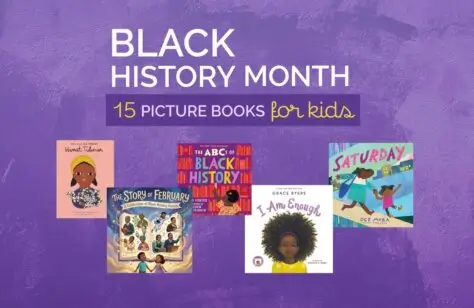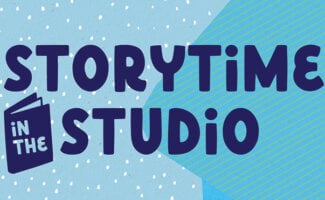Although it is one of the most common learning disabilities affecting more than 5 million Canadians, there are still many misconceptions about dyslexia. Dr. Steve Truch, a Canadian educational psychologist and founder of The Reading Foundation, suggests that if you are concerned that your child may be struggling with a learning disability, the first place to look is at your family history for a possible genetic predisposition.
To help parents who have a child with a possible learning disability, here are some common signs of dyslexia that Dr. Truch sees in his practice, and four effective strategies for success.
Difficulty pronouncing and rhyming words
Children of all abilities can sometimes mispronounce words; however, parents should take note when a child has frequent and lingering trouble figuring out vowel sounds or when they switch syllables when saying a word such as “”butterfly,” pronouncing it as “flutter-by” instead. Also children with potential dyslexia may not easily be able to recognize or rhyme words at an early age, even very simple ones like “cat” and “bat.”
Slow, inaccurate reading skills
Young children with dyslexia are often not able to sound out unknown words on their own, and therefore may guess at words based on context or skip the word altogether. Because they are slower to develop their reading skills, parents may notice reluctance, hesitation or anxiety about reading.
Poor spelling skills
Although it is common for all children to confuse “b” and “d,” as well as other letters, this confusion tends to disappear at an early age for normal readers and linger for a longer time with children who are possibly dyslexic. Children with dyslexia have great difficulty with spelling. Errors can be of several types, such as leaving out a vowel or consonant letter, or omitting whole syllables in their spelling.
FOUR STRATEGIES FOR SUCCESS
- Be supportive: Children who struggle with learning disabilities, including dyslexia, can also develop a loss of confidence and suffer from lower self-esteem and anxiety. Therefore it is important for adults to not only tend to a child’s learning development but their emotional development as well. If you think your child may have a learning disability such as dyslexia, it is important to identify it early and provide the right kind of instructional support. Becoming a more successful reader will bring the boost in waning confidence and self-esteem that you want for your child. It is tempting to blame the child because they may appear unmotivated about learning the alphabet or learning to read at all. However, this may be a natural avoidance they have developed towards a lack of success with the tasks in the first place.
- Read to your child: Encouraging your child to read and write is very important, of course, but if your young child appears to be struggling with the task, then put more emphasis on reading to them. It will help improve their vocabulary, especially if you pause in the story and discuss the meaning of words they don’t know and elaborate and give further examples of their usage. Ask them to predict what they think will happen next. Ask them to summarize what has happened so far.
- Make learning fun: Tap into your child’s senses when it comes to learning such as using touch, smell, audio books and music – get creative, hands-on and make learning fun! Children with possible reading issues, including dyslexia are still “born to learn.” So tap into their strengths, be it music, sports, art or anything else they may enjoy, and encourage and support that growth.
- Talk to your child’s teacher and get help and information from a variety of sources: It is important to get a handle on your child’s reading and learning right from Kindergarten. Your child’s teacher needs to know about your concerns and you must find out how aware they are of some of the early signs of being “at risk” for learning to read. Ask your child’s teacher about his or her methods for teaching reading. Children with a reading disability, including dyslexia, need a direct approach to learning letters and sounds. It is important to recognize early signs that your child may be struggling, and seek help through school resources, family, friends, and, if needed, a highly trained professional. Only a registered psychologist can make a diagnosis of dyslexia; but more important than a ‘label’ is finding customized, effective, and research-based approaches to overcome the unique challenges of a learning disability, including dyslexia.
Strong reading is an essential skill that fosters a love of learning and literature. Early detection and early intervention is vital. For more information on The Reading Foundation’s science-based approach, assessment and treatment of learning difficulties, go to www.readingfoundation.com.














